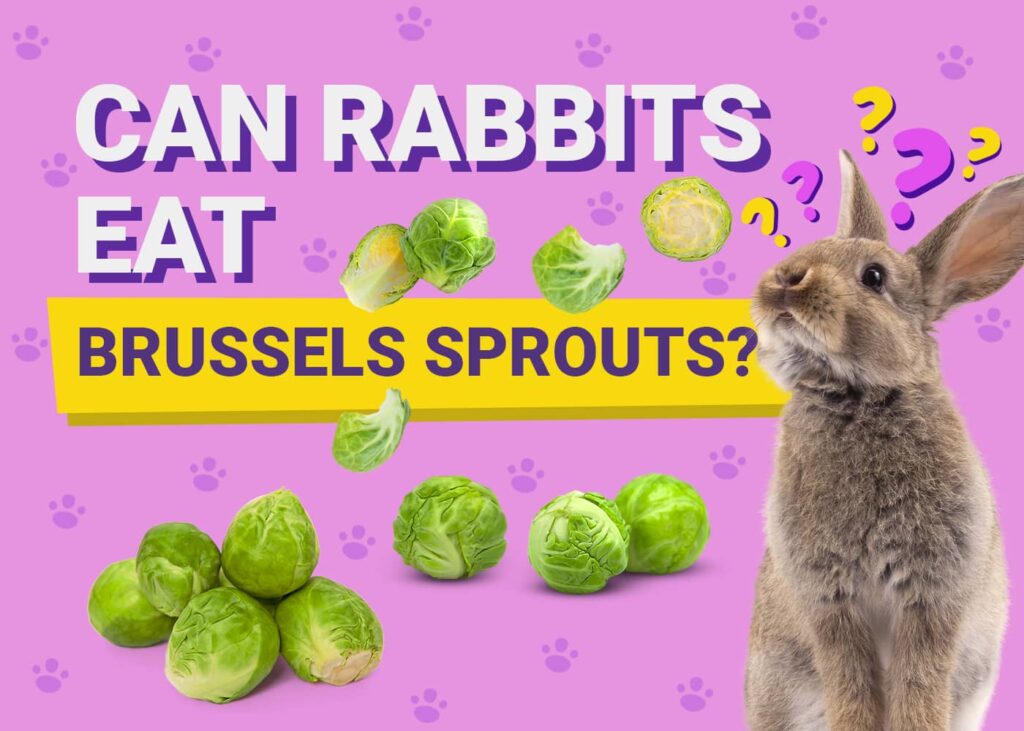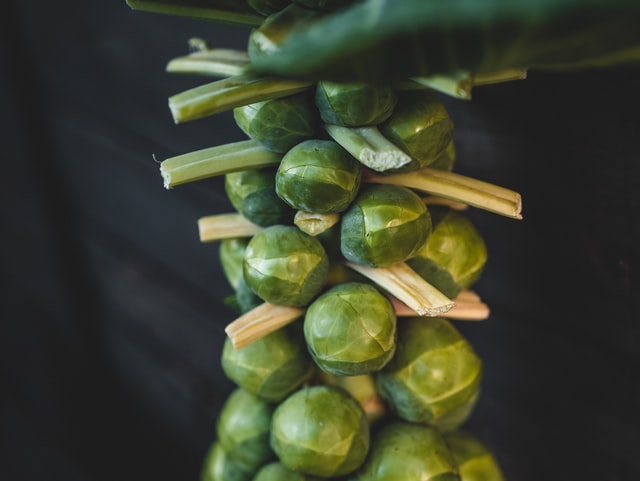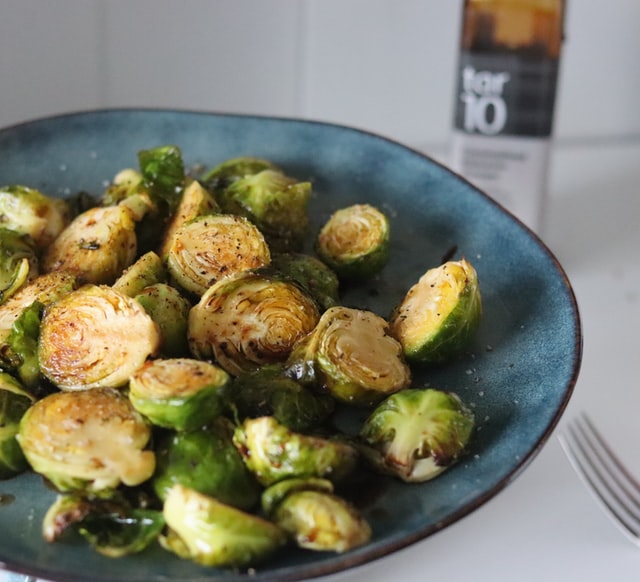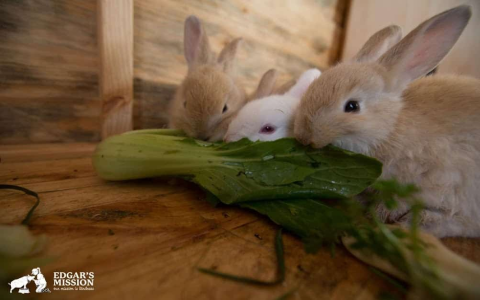Brussel Sprouts and Your Bunny: A Nutritional Approach
Imagine walking through the grocery store, your shopping list in hand, and you spot Brussel sprouts. They look fresh, green, and enticing. You ponder whether to add them to your cart, not just for yourself but also for that other family member – your pet rabbit. We often wonder about the dietary needs of our pets, especially when it comes to something as unique as Brussel sprouts. So, do rabbits eat Brussel sprouts? Let’s delve into this topic with a focus on nourishment and enjoyment for our furry friends.

Rabbits have quite an interesting dietary guide. In the wild, they feast on a variety of grasses, weeds, and dandelion leaves, but they aren’t used to eating vegetables like Brussel sprouts. However, when domesticated, their diet can be expanded with vegetables to provide essential nutrients.
When it comes to Brussel sprouts, here’s what you need to know. These small green vegetables can indeed be eaten by rabbits, but they should be introduced with caution. Brussel sprouts belong to the cruciferous family, which is known for its high fiber and nutrient content but also for its potential to cause gas in many animals, including rabbits.
Gas: This is something worth considering. Gas can cause discomfort in rabbits, and since their gastrointestinal tract is uniquely sensitive, any sudden introduction of gassy foods should be monitored. It’s advisable to start with small quantities. Perhaps a single sprout or half, once every few days, will allow your rabbit’s system to adjust without becoming overwhelmed.
Here’s how you can safely introduce Brussel sprouts:
-
Start Small: Begin with a small piece, ideally half a sprout. This helps to gauge how your rabbit will react to this new food.
-
Monitor for Reaction: After introducing Brussel sprouts or any new vegetable, watch for signs of discomfort like bloating or a change in behavior.
-
Gradual Increase: If your rabbit shows no adverse reactions, you can consider gradually increasing the amount over weeks, but always in moderation. A large amount can still cause digestive upset.
Benefits: Although caution is advised, Brussel sprouts do offer nutritional benefits. They are loaded with vitamins C and K, antioxidants, and fiber. They can contribute to the health of your rabbit when part of a varied diet.

-
Vitamin C: Supports the immune system. However, unlike some animals, rabbits produce their own Vitamin C, so an excess isn’t necessary.
-
Vitamin K: Crucial for blood clotting and bone health.
-
Antioxidants: Help in neutralizing free radicals, reducing cellular damage.
-
Fiber: Aids in digestion, but too much can lead to gas.
Other Considerations:
Rabbits’ digestive systems are designed for constant grazing, so large meals are not the norm. This is why hay should be the staple of their diet, with vegetables and treats being occasional. Brussel sprouts can be an enjoyable treat for many rabbits, but not a dietary staple.
It’s also worth considering alternatives if Brussel sprouts don’t agree with your rabbit. Vegetables like carrots, bell peppers, and even a small piece of cucumber can be good choices. These provide variety and help meet the nutritional demands while minimizing gas problems.
In the end, the key to a happy, healthy rabbit is variety and moderation. Brussel sprouts, while not a daily necessity, can be a delightful occasional addition to their diet, providing a burst of nutrition and a change from their regular hay and greens. Keep in mind, every rabbit is different; what works for one might not work for another.

By introducing Brussel sprouts gently and observing your rabbit’s reaction, you can incorporate this tiny, green powerhouse into their diet, ensuring both health and happiness for your bunny in the process. Remember, the goal is a balanced diet that mirrors the natural foraging habits of rabbits in the wild, ensuring they live a long and vibrant life with you.



